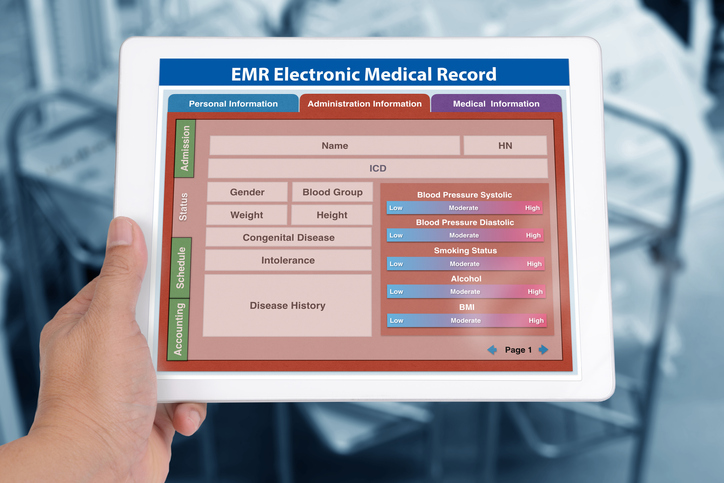
Nearly half of clinicians think their EMR does not load fast enough, and nearly a quarter agree their system is not available when they need it, according to a KLAS report released Wednesday.
Given the survey response, providers would be wise to improve their EMR system response time and reliability, as these two measures critically influence clinician satisfaction. These improvements are acutely needed amid healthcare’s workforce shortage — a separate KLAS report released in April found that burnout and EMR dissatisfaction are key factors associated with clinicians’ likelihood to resign.
For its most recent report, KLAS surveyed more than 295,000 clinicians across more than 270 healthcare organizations. Only 18 organizations had 90% of their respondents report few or no difficulties with EMR availability. Given that widespread dissatisfaction abounds regarding EMRs in general, it was perhaps not a surprise that no single organization had more than 90% respondents agree that they encountered few or no issues with EMR availability.
One frustrated nurse respondent responded:
“There are numerous alerts that pop up all the time that are not helpful at all — not at all. These alerts are repetitive, inappropriate, immediately dismissible, and just another button to push when I am already busy. I have been waiting for 10 minutes for the EMR to load, and my patient who just had major surgery is screaming in pain.”
On the flip side, response time and reliability are not common concerns for organizations with the highest overall EMR satisfaction. The report shows that almost all organizations in the 80th percentile for overall EMR satisfaction had fewer than 40 percent of their clinicians identify response time as a problem and fewer than 20 percent identify reliability as a problem.

Solera Health’s Playbook To Beat Rising Employer Expenses
Solera Health is working to streamline employer contracting with health tech.
Additionally, clinicians who believe their system is reliable are significantly more likely to agree that their EMR facilitates patient safety. A full 75% of clinicians who said their EMR is fast, agree that it enables patient safety. For clinicians who agree their EMR is reliable, that number is 66%.
To ensure that the EMR is reliable and fast, the report recommends that providers comply with their vendor’s infrastructure recommendations and update to the latest version of the vendor’s system. For many providers, this means staying atop best practices issued by Epic, Cerner and Meditech, as these vendors took the top 3 spots in the acute care hospital EMR market in 2021, according to KLAS’ research.
Regardless of vendor, KLAS’ recent report unequivocally states that clinicians have serious qualms with the amount of time they spend waiting on their EMR. One nurse respondent pointed out that it takes 60 seconds for the organization’s EMR system to load after a password is entered. Considering how many times nurses must log in during their workday, this means they could spend almost 10 percent of their shifts waiting for their EMR to become usable.
“All EMRs are terrible,” said Dr. A. Vishnu Pandurangadu, an emergency medicine physician at Rush Oak Park Hospital in Oak Park, Illinois. “Here’s a ranking of EMRs based on personal experience from worst to least worse: Meditech, Cerner, Allscripts, Epic.”
Photo: pandpstock001, Getty Images








